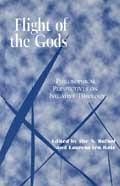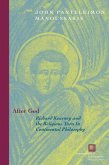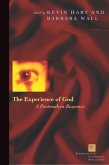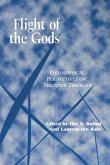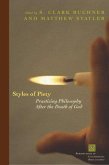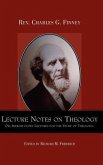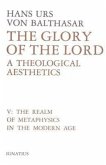Contemporary continental philosophy approaches metaphysics with great reservation. A point of criticism concerns traditional philosophical speaking about God. Whereas Nietzsche, with his question "God is dead; who killed Him?" was, in his time, highly 'unzeitgemaB' and shocking, the twentieth century by contrast, saw Heidegger's concept of 'onto-theology' and its implied problematization of the God of the metaphysicians quickly become a famous term. In Heidegger's words, to a philosophical concept or 'being' we can neither pray, nor kneel. Heidegger did not, however, return to the God of Christian faith. He tried to initiate a new way of speaking about God -- a way that reveals the limits of philosophical discourse. Derrida, Marion, Bataille, Adorno, Taubes and Bakhtin, each in their own way, continue this exploration begun by Nietzsche and Heidegger. This book takes a fresh look at these developments. The 'death of God' as the editors say in an introductory study, announces not so much the death of the 'old God' -- the God of philosophers, theologians and believers -- but rather the death of the god who put himself on His throne: autonomous human reason. In listening to the reactions to this dethronement of autonomous reason, the editors believe they hear the echoes of an experience of an embarrassment rooted partly in an old medieval tradition: negative theology. With the death of this 'new god', might a sensitivity reappear for transcendence? Here the editors want to offer a platform where contemporary philosophers of culture can again pose the question of speaking about God. However, how do we speak about God? Does not the crisis of modernity make us aware of the failure of this'about', if not of speaking itself, as radical negative theology seemed to know long ago? But even if we cannot, need not or should not speak about God, we are still not freed from Him, nor can we shake ourselves free of modernity and its crisis. We are haunted by the empt

